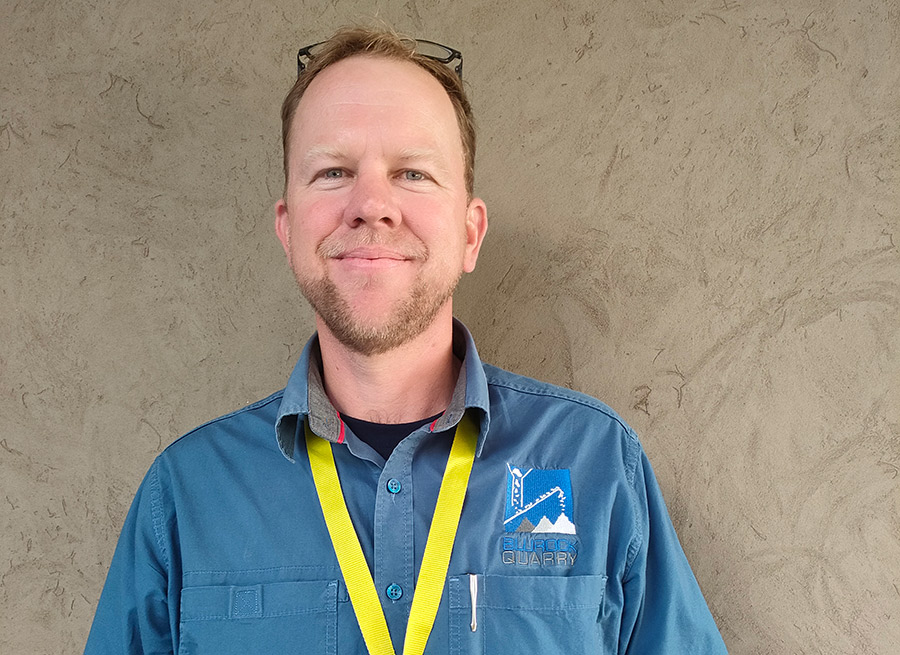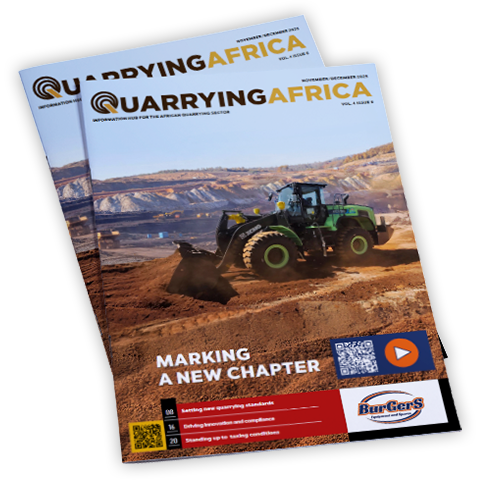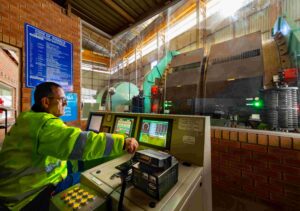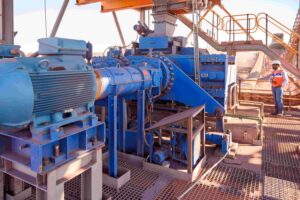Having officially taken the reins as chairman of IQSA at last year’s conference, Hunter-Smith says one of his immediate tasks was to understand and re-evaluate IQSA’s offering to its members and the role it plays in the industry at large, as well as to assess where the association was and where it needed to be.
IQSA, he says, is an industry association that is based on membership for individuals who are passionate about the quarrying industry – those who have made it their career for many years (bringing years of experience across various operations, big and small) and those who want to make it a career path and become the next industry leaders.
“My key focus areas during the first year have been training, networking and the Young Members Network. In terms of training, we have been working hard to create a network of quality service providers that can make a difference to our members, by offering quality, endorsed training,” he says.
Under the leadership of Hunter-Smith, IQSA has also focused its efforts on creating a platform for suppliers to engage with the industry, allowing the supply chain to showcase new products and technology.
“Under the Young Members Network, we have illustrated the opportunity for our young members to tap into the global network within our industry. The idea is to highlight the scope of our industry and its importance to the global economy. Without quarrying, there is no development; aggregates are the ‘foundation’ to any new development,” says Hunter-Smith.
[Subhead] Focus areas this year
Commenting on some key focus areas for this year’s IQSA conference – which will take place on 13 and 14 April 2023 at Premier Hotel, Umhlanga – Hunter-Smith says there is a need to highlight the importance of collaboration with other industry bodies to unlock training opportunities for young members.
One such collaboration is with ASPASA, the leading surface mining industry association. “Since the appointment of Letisha van den Berg as the new director of ASPASA, we have been working together to make sure we serve the industry. By working towards common goals, we can make a difference to it. We are collaborating with ASPASA to ensure that we offer the right training to the industry,” says Hunter-Smith.
“Letisha and I have a passion to grow the young membership within the industry. ASPASA has successfully introduced a virtual young professionals meeting that will be held three times a year. On the eve of the conference, we have traditionally hosted a young members’ dinner for the young members to interact and get to know one another. This year we are reintroducing it, and I would like to invite any willing candidates to attend and network with tomorrow’s industry leaders,” he adds.
As part of the collaboration efforts, members will have an opportunity to interact with leading original equipment manufacturer (OEM) suppliers, ask questions and engage with specialists to get a better understanding of the products and solutions available in the market.
As always, IQSA has also sourced technical papers to create awareness of leading practices and techniques in the industry. This will be complemented by an industry awards dinner where top achievers are recognised for their commitment to making a difference to the industry. Other key topics of discussion will include women in mining, and environmental, health and safety compliance.
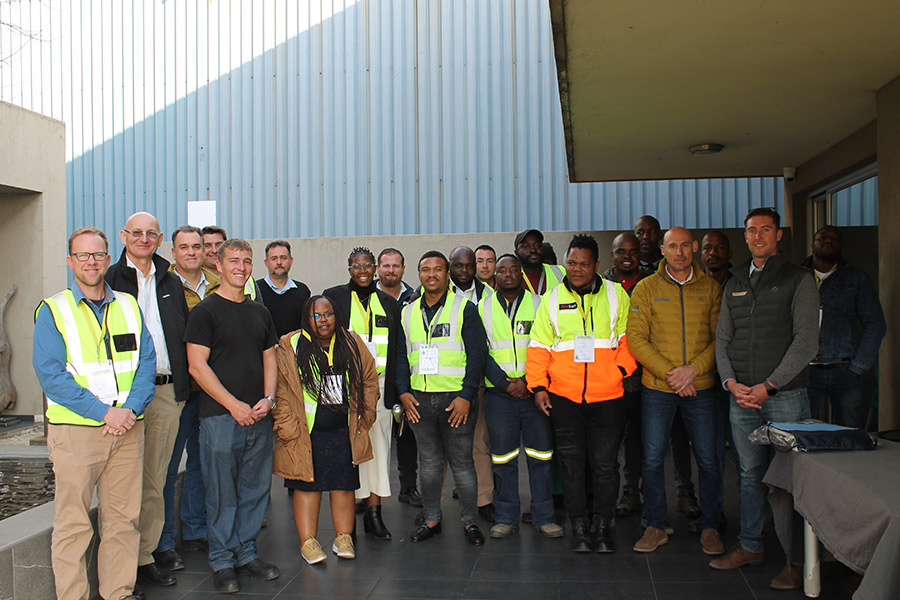
Training
Last year, IQSA highlighted the industry’s need to focus on skills development to respond to an ever-changing business and operational environment. To this end, the association used the event to launch the IQ Academy Select.
Globally, the Institute of Quarrying focuses on the Continuing Professional Development (CPD) of its members. This is a means of recording a members’ commitment to continually improve their skills sets.
As engineering professionals, members are required to accumulate 25 CPD points over five years with a minimum of three per year. The IQ Academy Select training was implemented as a cost-effective means to acquire CPD points through internationally recognised training institutions.
“Training is key to ensuring that we close the skills gap, hence the collaboration with ASPASA to understand the training needs within our industry. Together we can address those needs through quality, endorsed training,” concludes Hunter-Smith.
